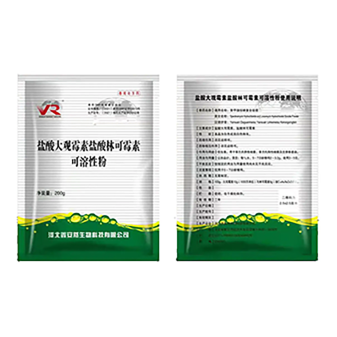- Afrikaans
- Albanian
- Amharic
- Arabic
- Armenian
- Azerbaijani
- Basque
- Belarusian
- Bengali
- Bosnian
- Bulgarian
- Catalan
- Cebuano
- Corsican
- Croatian
- Czech
- Danish
- Dutch
- English
- Esperanto
- Estonian
- Finnish
- French
- Frisian
- Galician
- Georgian
- German
- Greek
- Gujarati
- Haitian Creole
- hausa
- hawaiian
- Hebrew
- Hindi
- Miao
- Hungarian
- Icelandic
- igbo
- Indonesian
- irish
- Italian
- Japanese
- Javanese
- Kannada
- kazakh
- Khmer
- Rwandese
- Korean
- Kurdish
- Kyrgyz
- Lao
- Latin
- Latvian
- Lithuanian
- Luxembourgish
- Macedonian
- Malgashi
- Malay
- Malayalam
- Maltese
- Maori
- Marathi
- Mongolian
- Myanmar
- Nepali
- Norwegian
- Norwegian
- Occitan
- Pashto
- Persian
- Polish
- Portuguese
- Punjabi
- Romanian
- Russian
- Samoan
- Scottish Gaelic
- Serbian
- Sesotho
- Shona
- Sindhi
- Sinhala
- Slovak
- Slovenian
- Somali
- Spanish
- Sundanese
- Swahili
- Swedish
- Tagalog
- Tajik
- Tamil
- Tatar
- Telugu
- Thai
- Turkish
- Turkmen
- Ukrainian
- Urdu
- Uighur
- Uzbek
- Vietnamese
- Welsh
- Bantu
- Yiddish
- Yoruba
- Zulu
Nov . 14, 2024 10:08 Back to list
what is tylosin tartrate used for
Tylosin tartrate is an antibiotic medication primarily used in veterinary medicine to treat a range of bacterial infections in animals. It belongs to the macrolide class of antibiotics, which are known for their effectiveness against Gram-positive bacteria and certain Gram-negative bacteria. Tylosin is particularly important in managing respiratory, gastrointestinal, and skin infections in livestock and pets.
One of the primary uses of tylosin tartrate is in the treatment of respiratory diseases in poultry, such as chronic respiratory disease (CRD) caused by Mycoplasma gallisepticum. This bacterium is notorious for causing significant economic losses in the poultry industry due to reduced growth rates and increased mortality. By administering tylosin, farmers can effectively reduce the severity of these infections, allowing for healthier flocks and improved overall production.
In addition to its use in poultry, tylosin tartrate is commonly employed to treat swine respiratory diseases, such as pleuropneumonia and mycoplasmosis. The effectiveness of tylosin in these contexts not only helps to improve animal health but also contributes to better growth performance and feed efficiency in pigs, which is crucial for the economic viability of pork production.
Tylosin tartrate is also used in small animal practices, often prescribed for dogs and cats suffering from various types of bacterial infections, including those affecting the skin or soft tissues. While its usage in pets is less common than in livestock, veterinarians may recommend it in specific situations where other antibiotics may not be as effective.
what is tylosin tartrate used for

In addition to its therapeutic applications, tylosin tartrate is sometimes utilized as a feed additive in animal husbandry. This practice not only helps prevent bacterial infections but also promotes livestock growth by improving feed conversion rates. However, the use of antibiotics in animal feed is increasingly scrutinized due to concerns about antibiotic resistance. Consequently, regulatory agencies in various countries are implementing stricter guidelines regarding the use of such substances.
It is essential to note that while tylosin tartrate is an effective treatment for bacterial infections, it should only be used under the guidance of a veterinarian
. Incorrect usage can lead to adverse effects, including potential resistance development, which poses risks not only to animal health but also affects public health through the food chain.In conclusion, tylosin tartrate serves a critical role in veterinary medicine by treating bacterial infections in various animal species. Its application in both therapeutic and preventive measures illustrates its significance in maintaining animal health, enhancing productivity, and supporting the overall agricultural economy.
-
Guide to Oxytetracycline Injection
NewsMar.27,2025
-
Guide to Colistin Sulphate
NewsMar.27,2025
-
Gentamicin Sulfate: Uses, Price, And Key Information
NewsMar.27,2025
-
Enrofloxacin Injection: Uses, Price, And Supplier Information
NewsMar.27,2025
-
Dexamethasone Sodium Phosphate Injection: Uses, Price, And Key Information
NewsMar.27,2025
-
Albendazole Tablet: Uses, Dosage, Cost, And Key Information
NewsMar.27,2025













